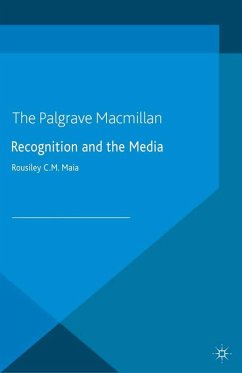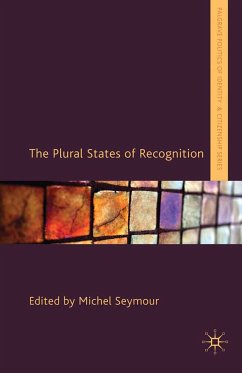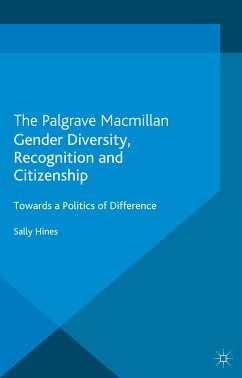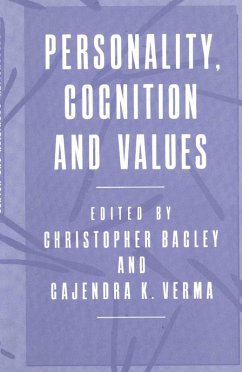'Recognition and the Media presents the first in-depth investigation into the complex interactions between modern communication systems and the relations of recognition at the heart of contemporary societies. With its wealth of empirical evidence and the many theoretical refinements it proposes, the book significantly advances one of today's most
lively research paradigms.'
Jean-Philippe Deranty, Macquarie University, Australia
'While it is broadly recognized that social movement action goes beyond the defence of specific interests, the moral dimension of their political claims is rarely analyzed. Linking in theory and empirical research as well as struggles for recognition by disadvantaged groups with
communication, this book offers very interesting insights into a most relevant topic for
social movement and communication studies.'
Donatella della Porta, Professor of Political and Social Sciences, European University Institute, Italy
'While the notion of recognition has become central to contemporary critical theory, empirical applications have been limited. Happily we now have Rousiley Maia's compelling volume, which lucidly shows how in both mass media and social media the struggles over recognition (and misrecognition) link directly to issues of justice, accountability and democracy. A ground-breaking effort!'
Peter Dahlgren, Lund University, Sweden
'Rousiley Maia has written a superb book with great moral implications of how the media treat underprivileged groups. Her key theoretical concept is recognition and her case studies are from Brazil, with relevance for the media everywhere.'
Jürg Steiner, University of North Carolina at Chapel Hill, U.S., and University of Bern, Switzerland














